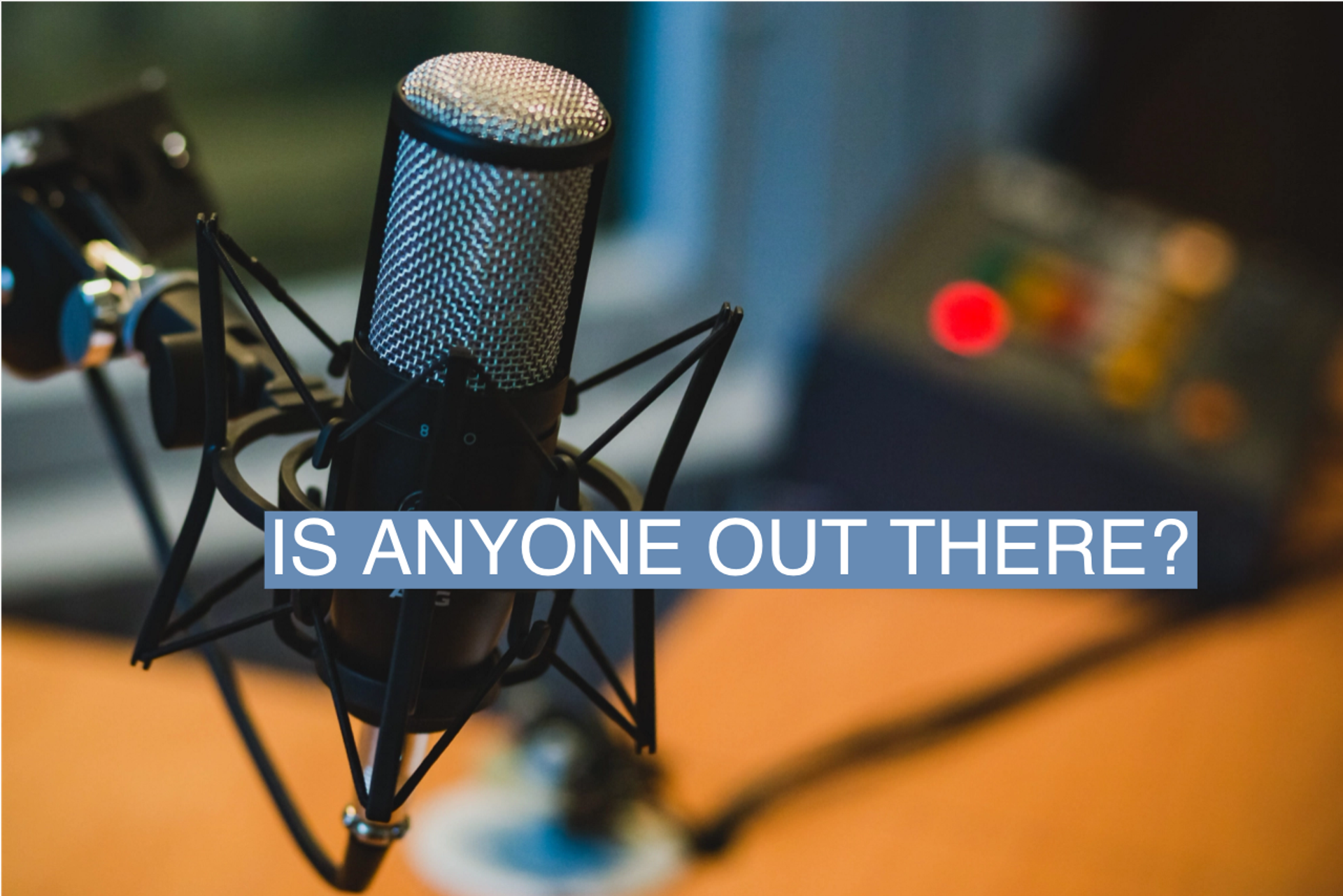The News
Apple has quietly tightened its reporting of how many people listen to podcasts, sending shock waves through an embattled audio industry still reeling from the end of the COVID-era production bubble.
The shift, Apple wrote in a blog post, was technical: The dominant podcasting platform had begun switching off automatic downloads for users who haven’t listened to five episodes of a show in the last two weeks.
But while few users noticed the shift, some of the biggest podcasts in the world saw their official listener numbers drop dramatically. Long-running shows that publish frequently were hit particularly hard. A user who listened to a show like The New York Times’ The Daily a few times, subscribed, but stopped listening would continue to count as a download indefinitely. Even better under the old rules: For people who listened to a show, dropped off for a while, but started listening again later, Apple would automatically download every show in between. The arrangement drove big download numbers, a crucial metric for ad sales and a sign of the vast reach of podcasts as a medium.
For instance, The Daily and Dateline both publicly touted reaching over a billion total downloads. But representatives for these shows would not say if those numbers or other impressive daily or weekly download stats are still accurate, though several of the biggest podcasts acknowledged privately to Semafor that they had seen noticeable declines, and were still trying to determine the actual size of their audience following the change.
The shift came with no immediate warning. People who work on audio at The New York Times, NPR, and other major publishers told Semafor they were surprised by the September change, which had been years in the making but came with no advanced warning from Apple. One podcast network told Semafor it had seen its downloads drop between single digits and low double digits depending on the show. Another well-known podcaster and executive said for some shows, the decline in downloads was as high as 40%.
“Nearly every podcast that regularly publishes got an enormous haircut,” one podcast industry insider said.
In this article:
Know More
Podcasters are keeping quiet on the falling audience metrics. None of the publishers of Apple’s top ten podcasts last year would comment on the change. Apple has promoted the move as the natural evolution of its podcast product. The tech giant says it is better for users and for advertisers, who have a more realistic picture of what podcast audiences actually are. Industry groups agree: Sounds Profitable, a podcast monetization trade group, lobbied Apple to make the change, and said that it would lead to more accurate audience info and more effective advertising.
“We look forward to collaborating with advertisers to understand and adapt to these changes and we anticipate these adjustments will lead to improved campaign performance,” the group said in a statement. “We also ask publishers for patience as they navigate these modifications. Any reduction of inventory, especially entering the fourth quarter, requires a strategic approach to sustain success.”
One early loser, however, seems to be the nascent subscription podcast business. Apple has privately acknowledged to some podcasters that it had accidentally included unlistened bonus episodes and segments in its automatic download count, meaning that shows that used Apple Podcast Subscriptions were actually increasing the likelihood that automatic downloads would stop for listeners who missed a few episodes.
Max’s view
Even podcast executives believe the changes are part of a necessary shakeout in an industry whose bubbly inflation helped create the industry’s recent boom and bust.
But privately, reactions to the change have ranged from mild annoyance to legitimate alarm. Some advertising deals were inked under the assumption that shows had audiences they no longer have. The update also means that some shows could struggle to meet minimum download agreements. The fact that no major podcasts would talk about how much they lost is a sign that many big shows aren’t ready to admit how much their audiences have shrunk.
It’s also another demonstration of the power that tech platforms continue to wield over media, a faint echo of the inflated Facebook video metrics that sent advertisers and publishers alike down a garden path a few years ago. Spotify’s pullback from podcasting resulted in hundreds of layoffs last year. A small tweak with little warning from Apple sent even the biggest podcasts into a frenzy, wondering what will happen to audiences, how it could impact revenue and talent deals.
At least one of the big players is trying to avoid this. Though Apple is a partner for the Times, the publication also launched its own standalone audio app last year to create a direct connection with fans and in part to better insulate themselves from changes made by the platforms.
Notable
- The podcast newsletter Hot Pod noted the change last year, arguing that it was just another blow for a podcast industry that has endured cuts and downsizing over the last year.
- The global podcast publisher Acast said it expected to see total downloads decrease 10% as a result of the change.
